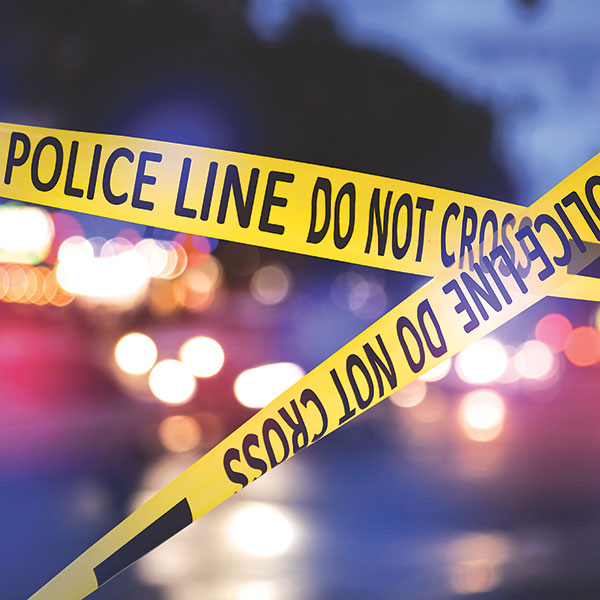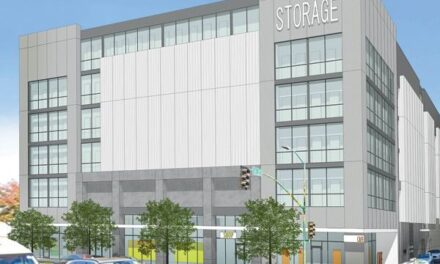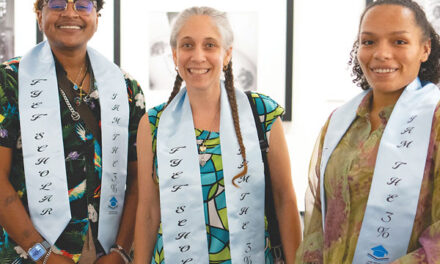Last year, 43 people were homicide victims in Sacramento. The number was a 26% jump from 2019, when the city endured 34 homicides. The trend has continued this year, with 44 homicides as of early October.
The increase comes from a variety of factors, not just the pandemic, Police Chief Daniel Hahn says.
“For example, our specialty units, whether it’s our problem-oriented policing officers or our gang officers, they’ve been pulled out of our communities to work protests,” he says. “So they haven’t had a presence. They haven’t been working as much as they normally do in our communities.”

Sacramento Police publish a monthly statistical report: shooting victims, shooting reports, firearms arrests, firearms seized, the list goes on.
The August 2021 report shows violent crime continues to rise from last year. The number of shooting victims jumped 35% to 128. Shootings saw a 45% increase to 362. Keep in mind these leaps are compared to 2020, which was dramatically higher than 2019.
The story is similar at the Sacramento County Sheriff’s Office. Homicides in the county have grown by 25%, with 30 as of August. The county had 55 homicides last year and 44 in 2019.
Sometimes the result of bad public policy takes years to play out. This wasn’t the case with the political assault on police in the aftermath of George Floyd’s murder in 2020. The predictable result of less policing was more violent crime in 2020, FBI data confirms.
Nationally, homicide numbers rose by nearly 30% in 2020, the biggest single-year spike since the FBI began collecting data 60 years ago, according to crime statistics from nearly 16,000 law enforcement agencies.
The national body count reached 21,570, or 4,901 more victims in 2020 than 2019. Aggravated assaults increased by more than 12%. Violent crime rose by 5.6% over 2019.
No single factor seems to explain the surge. But it’s no coincidence that bloodshed increased as some cities slashed police budgets, progressive prosecutors demanded leniency and eliminated bail, and jails and prisons released thousands of criminals under COVID-19 protocols.
Progressives justified police reductions as necessary to address systemic racism. Yet FBI data indicate minority communities suffer disproportionately from the rise in crime.
Black Americans represent 13% of the nation’s population, yet the Black community endures 55% of murders. It should be obvious that when police budgets and services are cut, underserved, low-income and minority neighborhoods pay the cost.
Thankfully, Sacramento resisted efforts by local progressives to cut police funding—service reductions that would have fallen hardest on our most vulnerable communities.
Political hostility toward police was most acute in big cities such as New York, Minneapolis, Chicago and Seattle. Those urban police departments have seen surges in officer resignations and early retirements. They struggle to fill vacancies. The result is fewer cops on patrol, slower response times, less proactive policing—and, predictably, more crime.
In Sacramento, the number of authorized police officers is 756. There are 39 vacancies. The sheriff’s office has 1,266 deputies and 102 vacancies.
When shorthanded police agencies scramble to fill patrol rosters, a ripple effect impacts other duties. Officers may be shifted away from work in youth, elder and family services, investigations, sexual assault units, records and stolen vehicles.
Sometimes these positions can be filled with civilians, but most require law enforcement officers. Staff juggling contributes to more open and unresolved cases, which leaves justice not served. Additionally, the pandemic has slowed court systems, with fewer suspects detained after arrest.
As a mother of a former law enforcement officer, my question is, why would anyone want to be a police officer in a major city?
Every move is filmed and scrutinized as officers are expected to manage and resolve seriously antisocial behavior. The movement to “defund” police has the consequence of demoralizing many officers, making them reluctant to do their jobs.
Wary of intensified scrutiny and political attacks, officers have quietly reduced or eliminated their proactive policing in many cities, with Sacramento no doubt among them.
Officer pullback finds police unwilling to initiate action or investigation because it’s simpler and safer to wait for an incident to end and document it after the fact than to intervene. Law enforcement is a career where officers wonder, is the next call the one that gets me fired or prosecuted or injured or killed?
Peter Moskos, criminal justice professor at John Jay College in New York and a former police officer, writes, “Civil unrest and calls for police accountability don’t directly cause an increase in murders and other violence. The danger appears when antipolice sentiment rises to the point where policing is seen as the primary problem to be solved rather than as an essential part of maintaining public order and safety.
“Onerous restrictions on police can lead to the worst of both worlds: poorer policing and more violence.”
As the criminal justice system struggles to recover from the dual blows of pandemic and antipolice sentiment, it must be noted that jail populations are far below what they were pre-COVID. The release of thousands of criminals, including repeat offenders, has brought grim consequences.
The horrific murder of Kate Tibbitts in her Land Park home means her family joins more than 40 other local grieving families of 2021 homicide victims. Their lost lives must count for something.
Cecily Hastings can be reached at publisher@insidepublications.com. Follow us on Facebook, Twitter and Instagram: @insidesacramento.
















